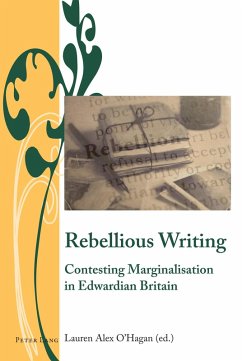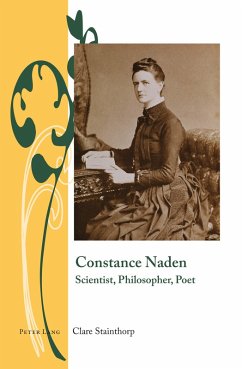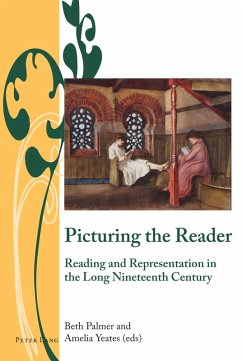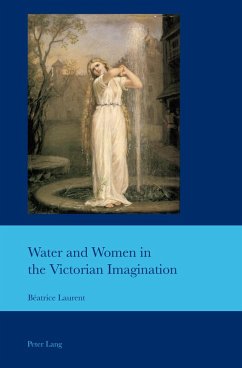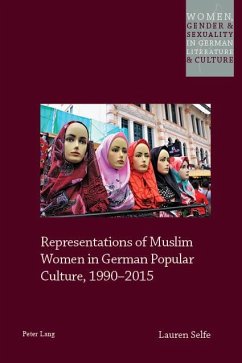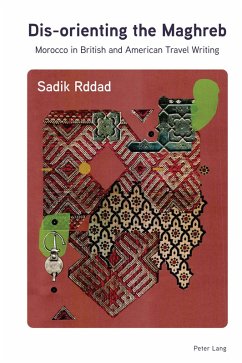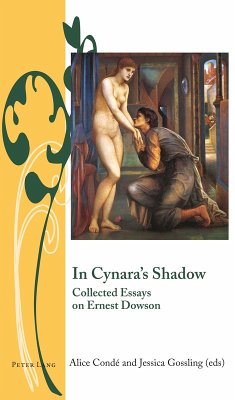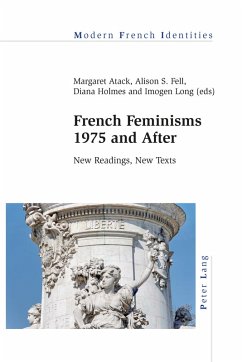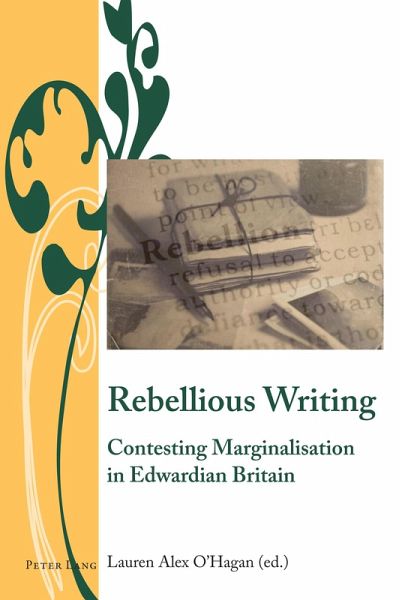
Rebellious Writing (eBook, PDF)
Contesting Marginalisation in Edwardian Britain
Versandkostenfrei!
Sofort per Download lieferbar
Statt: 102,10 €**
79,95 €
inkl. MwSt.
**Preis der gedruckten Ausgabe (Gebundenes Buch)
Alle Infos zum eBook verschenkenWeitere Ausgaben:

PAYBACK Punkte
40 °P sammeln!
The Edwardian era is often romanticised as a tranquil period of garden parties and golden afternoons in which everyone knew their place and nobody questioned the order of things. The reality, however, was quite different. The years between 1901 and 1914 were a highly turbulent period of intense social conflict marked by a heightened awareness of class consciousness, inequality and poverty. The increasing mobilisation of the lower classes and women was often countered with violent means, while anybody considered to be the «other» - immigrants, lunatics, the poor, homosexuals - became the targ...
The Edwardian era is often romanticised as a tranquil period of garden parties and golden afternoons in which everyone knew their place and nobody questioned the order of things. The reality, however, was quite different. The years between 1901 and 1914 were a highly turbulent period of intense social conflict marked by a heightened awareness of class consciousness, inequality and poverty. The increasing mobilisation of the lower classes and women was often countered with violent means, while anybody considered to be the «other» - immigrants, lunatics, the poor, homosexuals - became the target of widespread discrimination. For many of these groups, the only way to fight back was through writing, which they used to voice resistance and contest traditional power structures.
This volume aims to draw attention to the importance of «ordinary writing» - that is, «writing that is typically unseen or ignored and is primarily defined by its status as discardable» - as a form of rebellion for marginalised Edwardians. Using a multidisciplinary perspective to explore a range of material artefacts, from postcards and diary entries to pamphlets and book inscriptions, it aims to unearth voices that have been silent throughout history, transmitting new narratives on such important issues as suffragism, Irish nationalism, the working-class movement and pauper insanity.
This volume aims to draw attention to the importance of «ordinary writing» - that is, «writing that is typically unseen or ignored and is primarily defined by its status as discardable» - as a form of rebellion for marginalised Edwardians. Using a multidisciplinary perspective to explore a range of material artefacts, from postcards and diary entries to pamphlets and book inscriptions, it aims to unearth voices that have been silent throughout history, transmitting new narratives on such important issues as suffragism, Irish nationalism, the working-class movement and pauper insanity.
Dieser Download kann aus rechtlichen Gründen nur mit Rechnungsadresse in A, D ausgeliefert werden.




